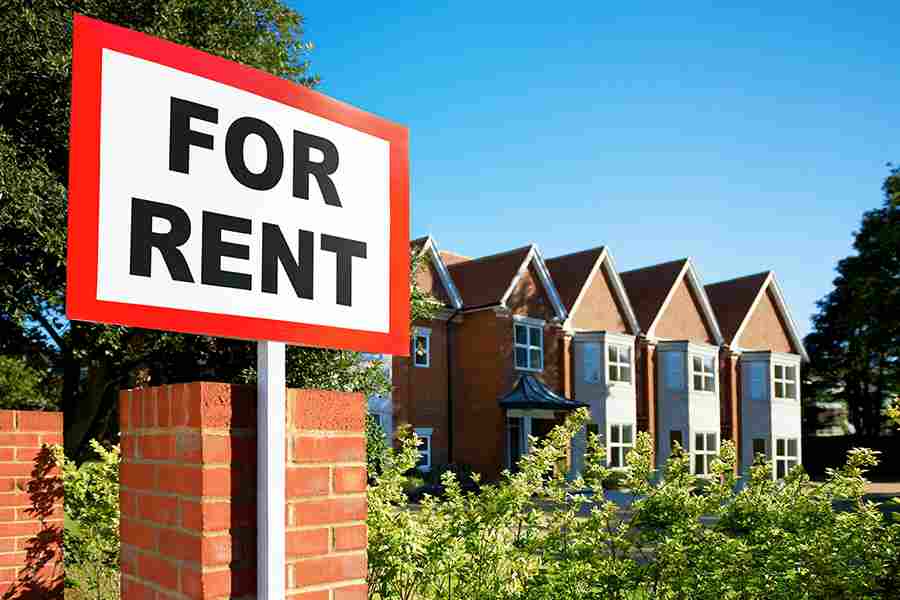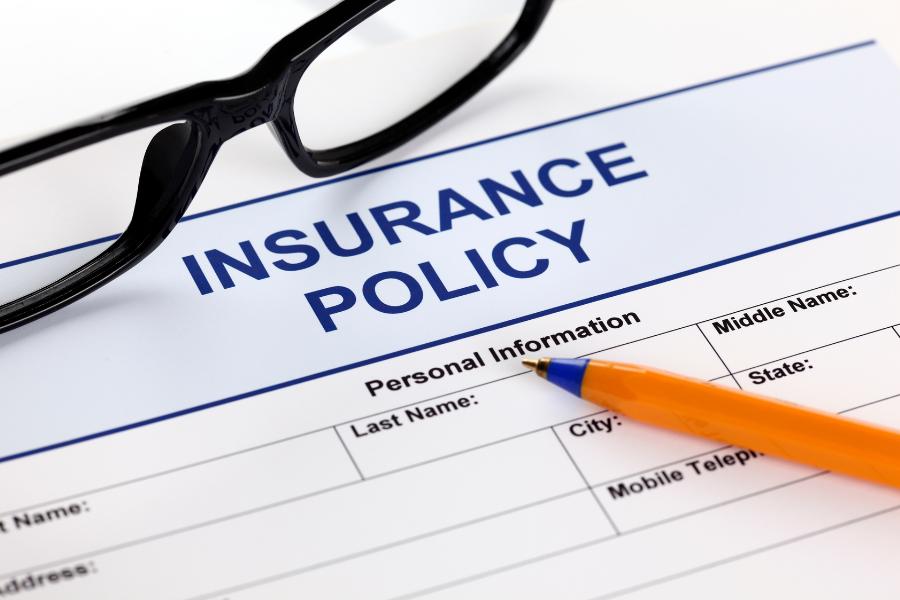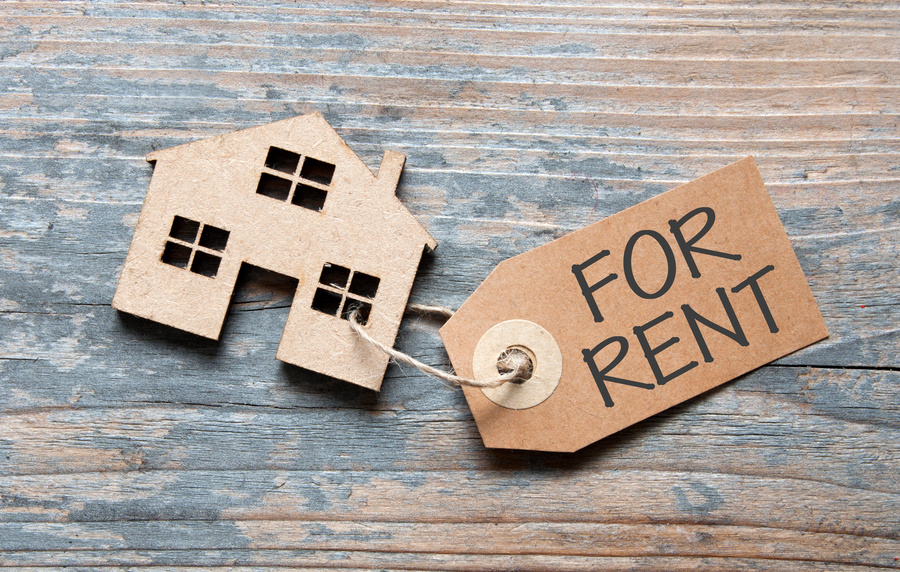
Insurance for rental property protects the landlord’s property from damage or loss of income, and also guards against liability. Location and property type both influence what you pay for coverage. Typically, and on average, insurance coverage for a rental property will cost between $1,200 and $1,600 for a condo on the West Coast. Meanwhile, the rental property insurance cost for a free-standing home in the South can run between $1,900 and $3,000.
Key takeaways
- Rental property insurance is not the same as a residential homeowner’s policy. It is a commercial policy that protects your business interests related to a rental property and includes coverage for the property, liability, and lost rental income.
- Rental property insurance and landlord insurance are interchangeable terms.
- Rental property insurance cost can range between $1,200 to over $3,000 per building.
- Purchase a policy through an agent, a broker, or directly from a provider.
Insurance broker Obie specializes in providing quotes for landlord insurance in just minutes. Enter some details about the property you want to insure, and it will quickly email you a quote for a policy you can then purchase.
Unfortunately, there is no rental property insurance cost calculator that allows you to see what it will cost to insure your property easily—so many variables are at play that a general calculator wouldn’t provide an accurate result. So, to provide average annual premium costs for rental property insurance, we received multiple quotes for the following regions and then listed the cost range below. Every quote we received was for a $200,000 property with a $1,000 deductible. None of the homes used for our quotes had any added amenities like a pool.
Insurance for rental property is usually 25% higher than a standard homeowners’ policy. As a business, the risks and costs are different than for homeowners. For example, carriers do not have to pay a loss of income if your roof needs to be replaced and do not have to factor in the liability from multiple people temporarily living on a property.
While there isn’t a rental property insurance calculator, it is possible to calculate the total cost of a rental property, including the insurance. Check out our free rental property calculator to help you calculate your property’s value.
What Can Affect Rental Property Insurance Costs?
Beyond the more obvious differences between landlord insurance and homeowners insurance, there are other factors that can affect the premium. Some of these include:
- Geographic location of your property: If you are near an area prone to natural disasters, such as fire, or in a state like California or Florida where insurance options are more limited, your rates will be higher than elsewhere.
- Proximity to water: Due to the risk of a hurricane or flood, providers usually charge more for property near water.
- Building materials, such as mason or wood frames: Some building materials are more flammable than others. This means greater risk for the carrier, which in turn means a higher premium for you.
- Age and condition of your rental property: Building codes and materials change. If your property is new, odds are the cost of insurance on a rental property will be less than if it is older.
- Number of units you own: The more units you own, the greater the likelihood of filing a claim.
- Amenities on the property: A fireplace brings an increased risk of fire. A pool is a significant liability risk for an insurer. Amenities like these will be factored into the premium.
When seeking a quote, be prepared to answer questions about those factors and other questions about the home and rental income.
You’ve probably noticed that your insurance costs have increased over the past few years. This is happening across the country. The reason rental property insurance rates are going up is due to a combination of inflation, supply issues, and increasing natural disasters. Additionally, the last few years have been hard on the insurance industry, and many companies have spent several years in the red. This has led to rate increases across most lines of business.
Ways To Reduce Your Rental Property Insurance Costs
When it comes to your insurance premium, while some factors are beyond your control, such as where the rental property is located, you can also take several steps to help reduce the cost of your premium on your rental property. These include:
- Installing smoke detectors and fire suppression systems: Most providers will ask if you have one installed and take your answer into consideration when developing the quote.
- Ensuring the fire extinguishers are updated and well-placed: While this may not have any impact on your premium, a well-placed fire extinguisher can go a long way toward preventing a claim.
- Reducing vacancy by only renting your property to long-term tenants: Keep in mind you can also purchase vacant home insurance for an added cost if you need it.
- Installing a security system and considering a monitoring service: Theft and vandalism are usually named perils in a landlord’s policy. While the security system does not universally prevent crime, it may deter someone from breaking in or vandalizing the property. If you’re interested in learning about security systems, check out our guide to the best security systems for your property.
- Manage your deductible: Obviously, you don’t want to play fast and loose with limits for your building. However, rental insurance will come with a deductible, and the higher the deductible, the lower your policy should be. Some providers offer a percentage deductible, such as 3% of the cost of the loss. While raising your deductible may mean having to pay a hefty out-of-pocket expense if you file a claim, it can also reduce your premium.
Ultimately, the tips I’ve provided above come down to managing risk. If you do whatever you can to limit the risk your property presents for the carrier, the odds are this will result in a more manageable premium cost. Even if the provider doesn’t offer a safety-related discount, if you can stay claim-free, then your premium should remain relatively stable.
Rental Property Insurance Coverage
Landlord insurance isn’t simply for residential homes. If you own condos or an apartment building, this coverage is essential. If you own a property that you rent out to others, then you need rental property insurance. It matters because landlord insurance provides coverage in multiple ways:
- Property damage: Your property is insured in the event it is damaged by wind, hail, fire, or other named perils.
- Liability: Along with property coverage, landlord insurance includes liability. If you fail to fix a leaky toilet and a tenant or guest slips and falls on the water and is injured, you could be found liable for their medical bills.
- Legal fees: Some policies come with coverage for legal fees to help you with evicting a troublesome tenant.
- Rental income: If you lose rental income because the property needs to be repaired, rental income coverage can supplement the loss.
Most providers offer three different types of landlord policies, or Dwelling Policies (DP): DP-1, DP-2, and DP-3. The numbers in each policy correspond to different levels of coverage, with DP-1 being the most basic and DP-3 being the most comprehensive (and usually the most expensive).
The policy will name what types of losses, or perils, it covers. It will also define important terms and people related to the policy and list exclusions it will not cover.
This is a broad overview—what is covered or not depends on the policy you select and its named perils, definitions, and exclusions. We recommend reviewing which policy and coverages are best for your business needs with an agent or a broker.
Tips for Purchasing Landlord Insurance
When it’s time to purchase landlord insurance, remember that the type of policy you’ll want, as well as the level of coverage, will depend on your business. Follow these tips to find the right policy:
- Get multiple quotes from different carriers to compare pricing and options before purchasing a policy.
- Work with the agent to ensure the policy you’re looking for will match your business needs and cover any potential expenses you may encounter while renting out your property.
- Don’t be afraid to ask carriers how they handle billing, if they have a grace period, and what happens if you later wish to purchase an additional property.
- Ask what the carrier’s process is for claims handling and the average turnaround time for resolution after you file a claim.
Note that each carrier has a different approach to assessing risk. Some may find that insuring a building with a long-term tenant is less risky than insuring a homeshare property you list on Airbnb and Vrbo.
Frequently Asked Questions (FAQs)
Generally, a homeowners policy on a rental property, also known as landlord insurance or rental property insurance, is 20% to 30% more than the cost of coverage on a primary residence. This varies based on several factors, including the type of property you own, the area where the property is located, discounts available, and estimated costs to replace the property. The level of coverage can also impact the premium.
If you are renting out your home, then you will need coverage beyond what your personal homeowners policy provides. Before shopping around, it is worth exploring what options your current carrier offers. Depending on the type of rental structure you have in place, there may be an endorsement to extend coverage.
A landlord insurance policy will usually cover the dwelling or property, loss of rental income protection, and liability protection and losses classified as “acts of God,” like thunderstorms, blizzards, and hurricanes. Depending on eligibility, the landlord policy may have additional options like flood insurance.
Yes, you can require that your tenants have renters insurance. If you do, then the requirement must be stated in the lease. Renters insurance protects the tenant’s personal items from theft, property damage, leaks, acts of nature, and so on. Keep in mind that the landlord’s insurance policy does not protect the tenant’s personal items.
Yes, you can usually deduct the premiums (e.g., fire, theft, and flood insurance) you pay for your rental property insurance, but it is best to consult with your tax professional for specific deductions. For more information on specific rental property deductions, check out our in-depth guide to rental property tax deductions, which includes a free worksheet to make your calculations easier.
Bottom Line
Whether you are an established property owner or just getting into the rental property business, ensure you have the proper coverage by getting landlord insurance. Rental property insurance covers your building, protects you from risk, and provides supplemental income when the property is not rented.
Your property is an investment for you and a home for your tenant, so it’s doubly important to obtain the right coverage. As an online broker specializing in landlord insurance policies, Obie is a provider you can trust. In a matter of minutes, you can get a free online quote for your property.





